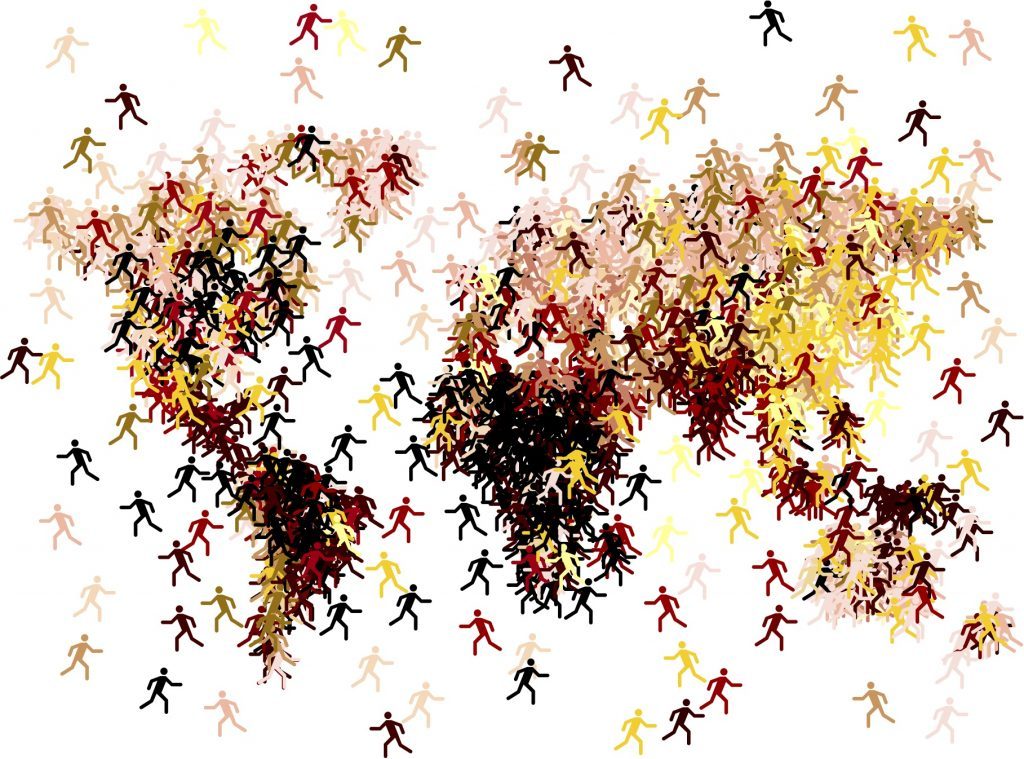The Supreme Court has handed down judgment today in AM (Zimbabwe) v Secretary of State for the Home Department, which gives authoritative guidance on how Paposhvili v Belgium (Application no. 41738/10), decided last year by the Grand Chamber of the European Court of Human Rights (ECtHR), should be applied by English courts.
The issue in AM (Zimbabwe) concerned what the applicable test is for when removal of seriously ill people to their country of origin would raise an issue under article 3 (prohibition on inhuman or degrading treatment) of the European Convention on Human Rights (ECHR).
The appellant is a national of Zimbabwe and has HIV. He argued that if deported to Zimbabwe, he would be unable to access the medication which, here in the UK, prevents his relapse into full-blown AIDS.
The Court of Appeal had decided that removal would only violate article 3 if intense suffering or death would be imminent in the receiving state as a result of the non-availability of treatment which would have been available in the UK (para 38). In allowing the appeal today, the UKSC has, in following Paposhvili v Belgium, and departing from N v SSHD (a House of Lords decision from 15 years ago), accepted that the scope of article 3 medical cases is now extended.
The AIRE Centre intervened in AM (Zimbabwe) before the UKSC, arguing the Grand Chamber in Paposhvili, when looking at article 3 medical cases, was addressing exposure “to a serious, rapid and irreversible decline in his or her state of health resulting in intense suffering or to a significant reduction in life expectancy. The Court of Appeal had misinterpreted those words so as to refer to a serious, rapid and irreversible decline in his/her state of health resulting in intense suffering or in a significant reduction in life expectancy. The UKSC, accepted the validity of these criticisms, and said the result was that a significant reduction in life expectancy had become translated as the imminence of death. This was, for them, ‘too much of a leap’ (para 30).
The UKSC made clear the burden remains on the applicant in article 3 medical cases to demonstrate “substantial” grounds for believing that it is a “very exceptional” case because of a “real” risk of subjection to “inhuman” treatment. However, if the applicant manages to produce prima facie evidence to meet this standard, the burden shifts, and it is then for the returning state (in this case the UK) to then challenge or counter it. The court said that the sort of things decision makers (including Tribunals deciding these cases on appeal) must consider, include the accessibility of treatment in the receiving state, the cost of such treatment, and the existence of a family network of support in the receiving state. It would also need to consider any assurances from the receiving state about the availability of treatment.
For various reasons, including what had and had not been argued in the lower courts at the time, the UKSC did not feel able to address whether on the court’s wider interpretation of the Grand Chamber’s decision in Paposhvili, this case crossed the requisite threshold for article 3 ECHR. Instead, the appellant’s proposed claim under article 3 will now be remitted back to the Upper Tribunal to consider the decision afresh, in light of the substantive and procedural requirements of Paposhvili.
It remains to be seen what the Grand Chamber did mean by its reference to a “significant” reduction in life expectancy. However, strikingly, Lord Wilson indicates that a 24 year old having his/her life expectancy reduced to 2 years on deportation could well have a good article 3 ECHR claim (para 31).
The ability of a State to deport a foreign citizen who, while lawfully resident, has committed a string of serious crimes is, as the UKSC recognised, one of the most controversial questions which the law of human rights can generate. This question will be considered again by the ECtHR, as in January 2020, the Grand Chamber accepted a referral to it in the Savran case (where a Turkish national argues that his mental health condition makes his expulsion from Denmark unlawful). The UK has applied for leave to intervene in that case.
The UK government will no doubt try to narrow the impact of Paposhvili/AM (Zimbabwe) in any future cases before the ECtHR. However, for the moment, the UKSC has set down a marker as to what Paposhvili requires of both applicants and decision makers. The Grand Chamber will also no doubt carefully consider todays judgment when they eventually come to decide Savran.







